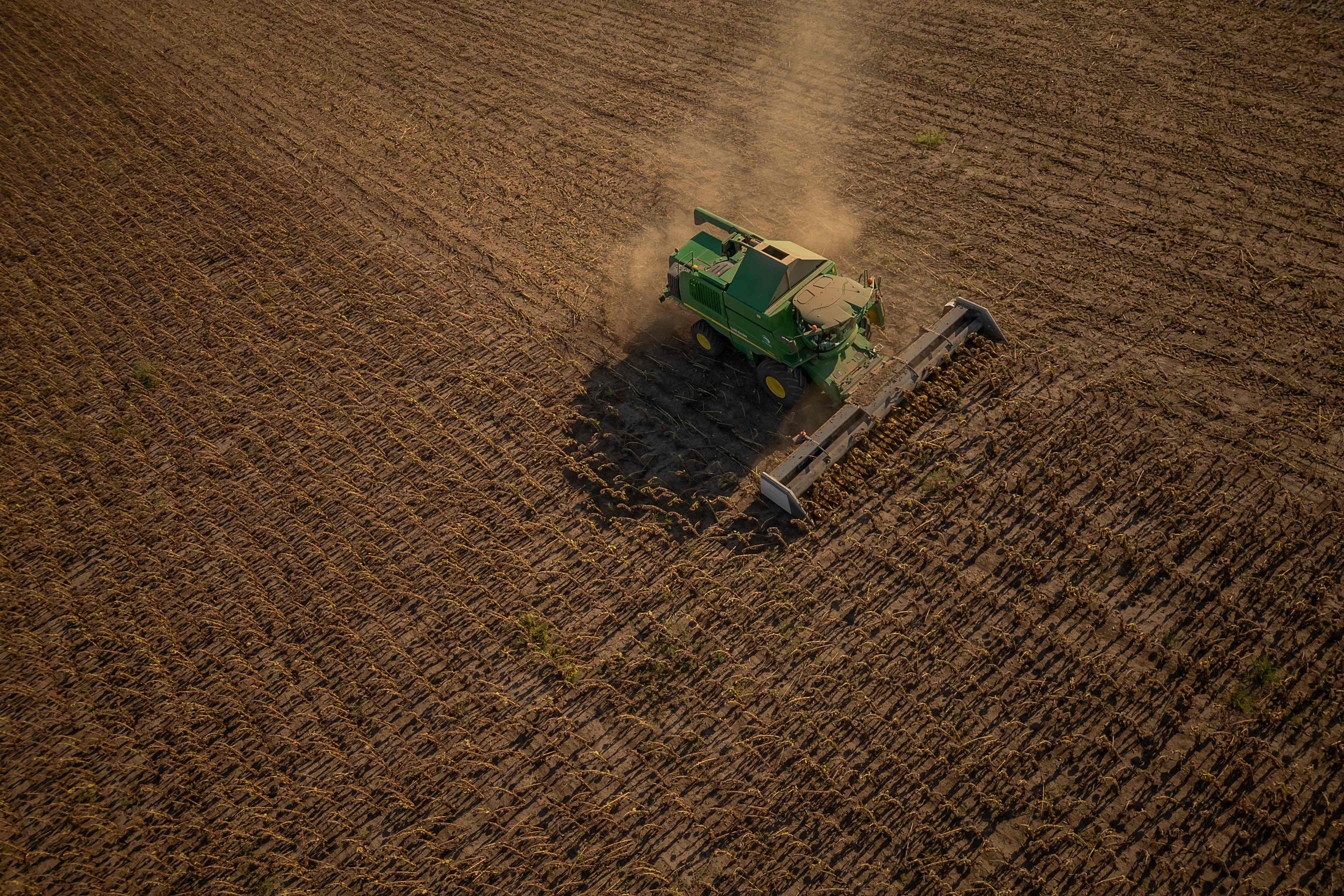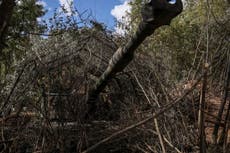Russia ‘weaponised food and deliberately caused starvation’ in Ukraine
The dossier is aiming to see Russian president Vladimir Putin indicted
Russia has weaponised food and deliberately caused starvation in Ukraine, a war crimes dossier is set to allege.
Working alongside Ukraine’s public prosecutor, leading human rights lawyers are preparing a report to the International Criminal Court (ICC).
The dossier will document examples of hunger being used as a “weapon” over the course of the 18 month war, with the evidence aiming to encourage the ICC to launch a prosecution that could see Vladimir Putin indicted.

Amongst the incidents include the killing of 20 civilians in Chernihiv on 16 March 2022. Russian fragmentation bombs detonated outside a supermarket whilst Ukrainian locals queued for food, with the lawyers similarly focusing on the siege of Mariupol in which food supplies to the city were cut off.
Humanitarian corridors were also suspended, making it increasingly difficult for relief to be distributed among starving survivors.
In May 2018, the United Nations (UN) Security Council passed a unanimous resolution condemning the use of food insecurity and starvation as a war tactic. The resolution asked all parties in war to leave food stocks, farms, markets and other food distribution mechanisms intact, stating that “using starvation of civilians as a method of warfare may constitute a war crime.”
Yousuf Khan, a senior lawyer with law firm Global Rights Compliance, told The Guardian “the weaponisation of food has taken place in three phases,” beginning with the initial invasion in February 2022 where supplies were cut across Ukrainian cities.
Mr Khan said such attacks symbolise “not crimes of result but crimes of intent” as “if you are taking out objects that civilians need, like energy infrastructure in the dead of winter, there is a foreseeability to your actions.”
Russia has also restricted the exports of Ukrainian food, with a further 270,000 tonnes destroyed between late July and early August.
In September 2022, the UN food chief warned that the world is facing a “global emergency of unprecedented magnitude” over the impact of the war in Ukraine on food supplies, with up to 345 million people pushed towards starvation and 70 million pushed closer to it.
David Beasley, executive director of the U.N. World Food Program, told the U.N. Security Council at the time: “What was a wave of hunger is now a tsunami of hunger.”
Join our commenting forum
Join thought-provoking conversations, follow other Independent readers and see their replies
Comments


Bookmark popover
Removed from bookmarks